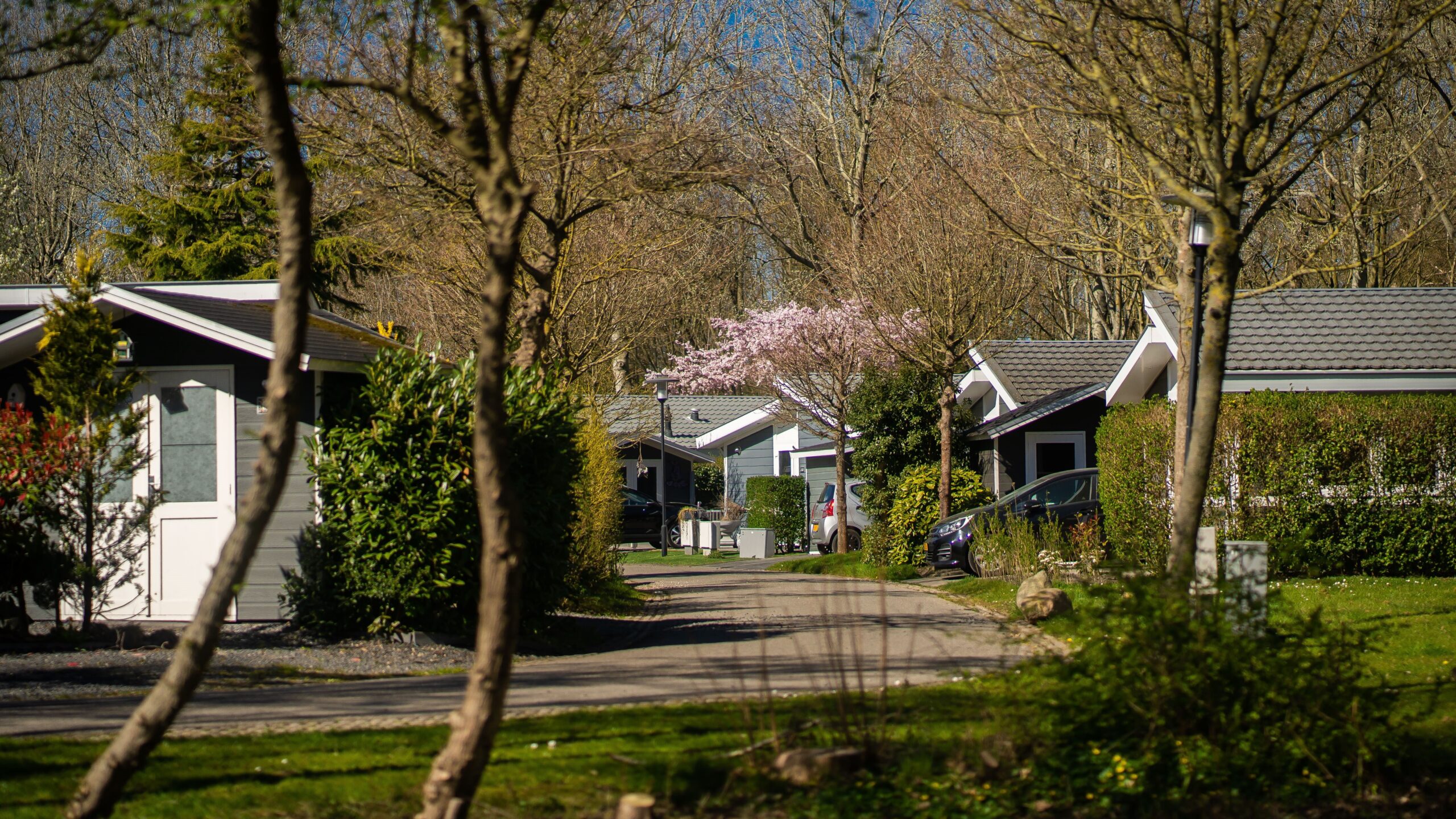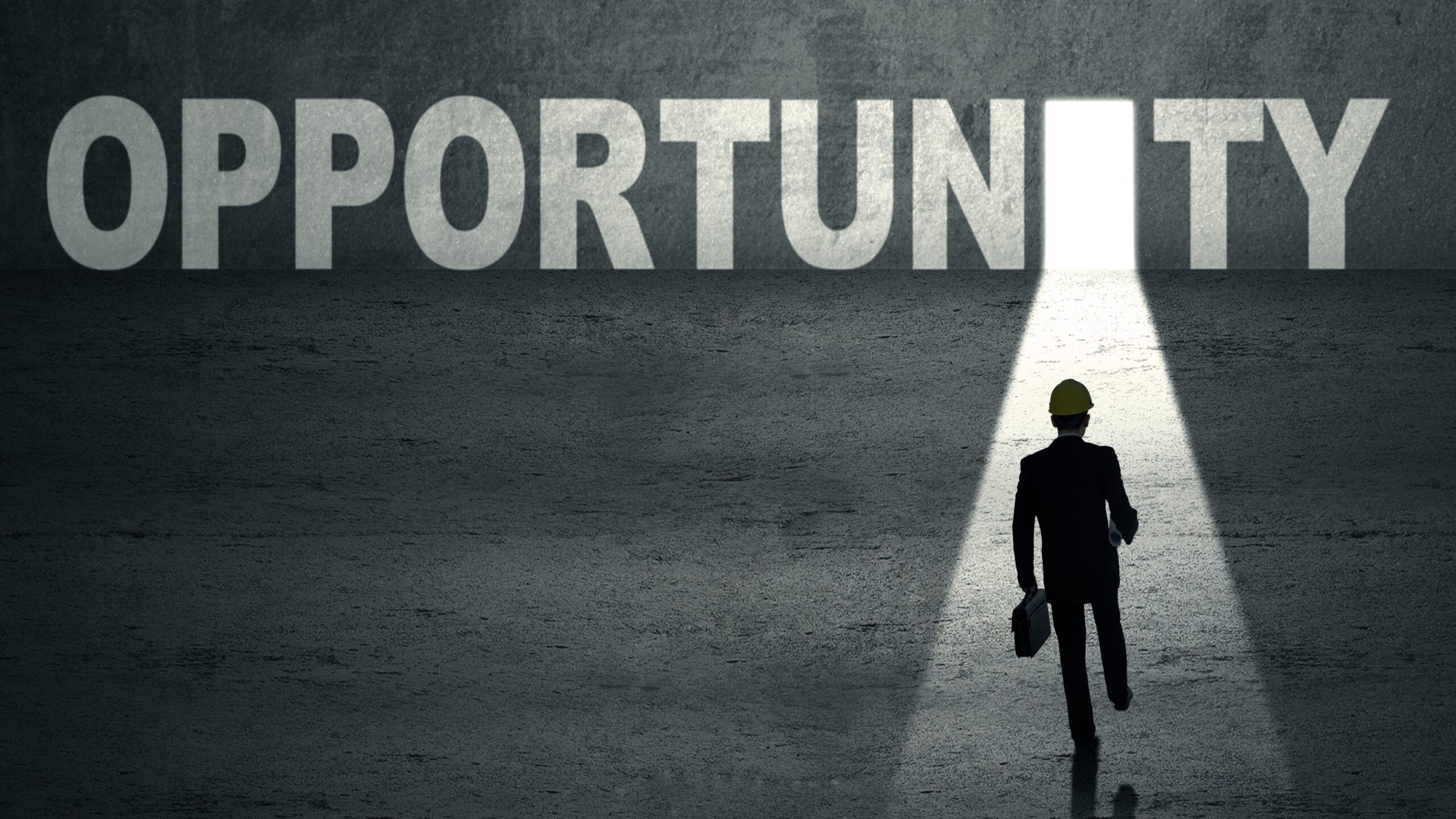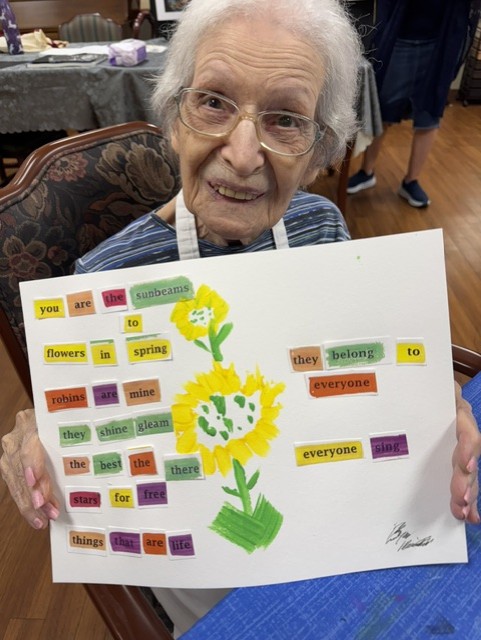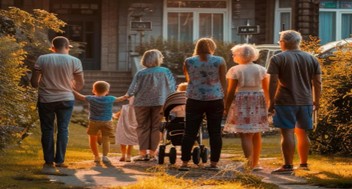The basketball hoop was bolted above our garage doors. It wasn’t exactly straight but it was the only one on our street. I also had the only basketball.
The driveway “court” was gravelly and often muddy. The fence that separated my house from the sprawling estate next door slowed down our games. When the ball bounced over into that well-kept lawn we surreptitiously hopped the fence, retrieved the ball, and scampered, hopefully unseen, back to “our” neighborhood.
Our street ran north. It started at the town’s major east/west street, then ended at the railroad tracks. Neighborhood yards were coated with ash from the coal-fired locomotives that roared past several times a day.
The Circus Comes to Town
About 5:30 one summer morning, a group of families on our street and around the area, squeezed between the planks of the wooden fences that separated our houses from the tracks, to watch the Ringling Brothers Barnum-Bailey circus cars unload.
What a kick it was to watch roustabouts unload animal cages, and the equipment for tents and displays, then load all that on trucks to carry it further north to the county fairground. Elephants, too big for cages, sauntered along, pushing some of the circus carts. Their keepers trailed behind to scoop up the “gifts” those beasts deposited on the streets.
By evening, the massively big top tent for the Greatest Show On Earth had been setup and the circus was ready to open.
It was along those railroad tracks that I met my childhood best friend. Our mothers chatted while us boys gaped at the animals. Before we all crawled back through the fences to our respective homes, his Mom invited me over to play with Tom – and that began a friendship that lasted well into our respective years of retirement.
His family lived in a house which fronted on the same street where our street began. Their beautiful property extended north the whole length of our entire street and it, too, ended at the railroad.
Summer Playtime
My BFF and I romped through his big yard during the summer, sampled the cherries, pears and rhubarb, and sold his apples door to door at three for a dime or a quarter a piece. Our mothers got quite a laugh about our math and salesmanship!
When Tom was not available, us kids on my street played “kick the can” among other games. When we were worn out from running and hiding, or from skating on the sidewalks up on the main street, we sat in a row on the broken curbs of our street, told jokes and teased each other!
My friend’s family owned the town’s book and office supply store. As we grew older Tom and I both had jobs at the store. But he was more a farmer at heart, like his older brother, so by the time we were sophomores in high school, he moved to the family farm miles away from our hometown, and I continued to sweep floors, dust books, unpack boxes of office supplies and restock the shelves.
Business owners like Tom’s family had large homes, and many more financial resources, than the folks who lived on narrow streets like mine.
A Diverse Education
On our street, most every day we could hear a Greek family and a Jewish family bantering with one another while peeling potatoes on their back porches or yelling at one another through their kitchen windows. Not knowing their languages, we assumed they were constantly arguing.
My mother, however, became their friend. She sometimes accompanied one or the other family on their shopping trips, helping them walk home with their groceries, and other times sat to chat with them on their porches. That relationship frequently earned us gifts of their native baked goods.
As I reflect on the summers spent on that street, I realize I was being introduced to an expanded intercultural and inter-religious awareness. Very few of my other school friends in those days, could say as much about their childhood experiences.
That awareness grew when evangelists Claussen and Richardson came to town every summer to lead revival services. Claussen was a strong-voiced Swede. Richardson, an incredible pianist and singer, was a person of color, but I was never sure if she was African or some other.
They sometimes stayed at our house, modest as it was, during the crusade, and other times stopped by for coffee on their way to tent meetings in nearby towns.
Their faith convictions were an incomparable illustration of what Jesus meant by neighborliness. Those summer evening tent meetings, literally rocked by their preaching and singing, planted significant seeds of justice, love, and faith deep in this youngster’s heart!
Later, there was the summer I was a chaplain for the Boy Scout summer camp season. It was the year Oral Roberts conducted a crusade in a nearby town.
Another counselor and I decided to go see what “faith healing” was all about. Unfortunately, we were seated behind a huge tent pole. We could hear the preaching but we could see only the sides of the platform. As persons struggled up the ramp on the right side with their wheelchairs, walkers, and crutches, we could hear Roberts yell for the devil to get out of them. Then we could see folks dance and jump, leaving their appliances behind as they left the platform on the left side accompanied by rousing chants of “Praise God” from the audience.
At college that fall, I researched a paper for a religions class about faith healing, and cited the experience of visiting the crusades of Oral Roberts and Katherine Kuhlman.
Those were days of very limited television, long before we knew about the magic called “the internet.” I played, learned, and grew outdoors, on our street, at church and scout camps, during summer jobs, and among neighbors of disparate backgrounds, nationalities, and races.
I think it could be called my “diversity laboratory!”
By the way, “our street” is still there. If you were to cut through the neighbors’ properties for about 160 yards, or if you were to go up to Center Street to get there, it is 0.2 of a mile from our ’hood to the current corporate headquarters of United Church Homes, in Marion, Ohio!
For Reflection (either individually or with a group)
Read the blog. Read it a second time, maybe reading it aloud or asking someone else to read it aloud so you can hear it with different intonation and emphases. Invite the Divine to open your heart to allow the light of new understanding to pierce the shadows of embedded assumptions, stereotypes, and ways of thinking so that you may live more abundantly. Then spend some time with the following questions together with anything or anyone who helps you reflect more deeply.
- What, if anything, did you learn during your summertime breaks from school?
- How has it continued to be an important lesson in your life?
- Who were the important people in your memory?
Download a pdf including the Reflection Questions to share and discuss with friends, family, or members of your faith community small group.
View all articles by:






















